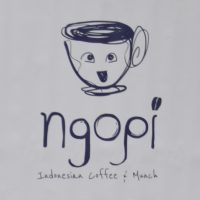 Welcome to the first of my detailed write ups of the third annual Birmingham Coffee Festival, where I had a fabulous time, exploring all things coffee. I can’t believe where the time has gone though: was it only two weeks ago that I was in Birmingham? Apparently so! Last week I got things underway with my traditional festival round-up, while this week the spotlight turns on the roasters, who came from far and wide, although with a definitely focus on local roasters from the city and the wider West Midlands are. There are two more posts, one on food, and a general round-up of everything else.
Welcome to the first of my detailed write ups of the third annual Birmingham Coffee Festival, where I had a fabulous time, exploring all things coffee. I can’t believe where the time has gone though: was it only two weeks ago that I was in Birmingham? Apparently so! Last week I got things underway with my traditional festival round-up, while this week the spotlight turns on the roasters, who came from far and wide, although with a definitely focus on local roasters from the city and the wider West Midlands are. There are two more posts, one on food, and a general round-up of everything else.
I’ve split this into three, starting with familiar faces, before moving to some (old) new friends that I made at last year’s event (where, sadly, I didn’t have time to do a detailed write up on all the wonderful roasters I met) before finishing with my (new) new friends that I met this year. Although Birmingham Coffee Festival has always had a focus on local roasters, this year’s event clashed with World of Coffee in Berlin, where quick a few of the higher profile UK roasters were in attendance, so I want to say a special vote of thanks to those who made the effort to attend both Berlin and Birmingham.
You can see what I got up to after the gallery.
Let’s start with the roasters who came the furthest to attend, Cornwall’s Origin, although in fairness, Origin has a UK-wide presence these days, so it was probably only the coffee which came from Cornwall. As always, it was great to catch up with Origin’s Oli Jones, who ensured I was well looked after both days I was there. The highlight, coffee wise, was a honey-processed Ethiopian Koke which Origin was serving up on espresso, a really sweet coffee which smelled absolutely gorgeous (and tasted much the same).
Allied to that was the blueberry doughnut I had on Sunday morning, suppled by Warwick Street Kitchen, who serve up Origin coffee (and fabulous doughnuts) in Leamington Spa. This too was gorgeous, everything a good doughnut should be with a lovely blueberry jam filling. Given my love of coffee and doughnuts, it looks like I’m overdue a visit! Finally, I picked up a bag of Origin’s new decaf, the Liza (well, swapped for a copy of my book, The Philosophy of Coffee). This is a washed coffee from Jean Paul Tunda in Cyangugu in Rwanda, decaffeinated using the CO2 method. I have to say it’s a stunner which I’ve been enjoying of an evening during my trip to Prague.
Next up in the old friends category (ordered roughly by distance travelled is London’s Caravan Coffee Roasters. I’ve always liked Caravan’s coffee but It’s fair to say that I over the last few years I’ve mentally tagged Caravan more under great food/good coffee rather than as a coffee destination in its own right. It’s also fair to say that in the last few months, Caravan has redoubled its focus on coffee, moving to a new roastery, Lamb Works in Islington. This isn’t open to the public at the moment, but I believe that there are plans to rectify this (it’s possible I still haven’t gotten over Caravan moving its roastery out of its King’s Cross location).
In keeping with the theme of increased focus on coffee, Caravan had brought two absolute stunners with them, both on filter: the Kilimbi Anbalagan, a washed coffee from Rwanda, and the Finca Deborah Geisha Amenity from Panama, which uses a new carbonic maceration process which draws heavily on techniques developed in the wine industry. With hindsight, I tried the Geisha first and it was absolutely gorgeous, another sweet coffee, with hints of strawberry (the second coffee I’ve had this year that tastes of strawberries). In comparison, the Kilimbi felt a little flat, but it grew on me as I kept sipping (and has the advantage that you can buy five bags of the Kilimbi for one of the Geisha!).
Finally, in the old friends category, is Has Bean, where I caught up with Dale Harris. I also had the embarrassment of asking how Will Ireland (of Didn’t You Do Well fame) was doing when he was standing right next to me. I blame the beard! But it was nice to see you again, Will. Ooops. I think I got away with it though. Just as long as I don’t mention it to anyone.
On coffee front, I had a shot of an organic washed coffee from Teodocio Mamani in Bolivia, another excellent, sweet espresso. This one reminded me of milk chocolate, so much so that it would have been great to see how it went in milk, but I was rather overcaffeinated at this point.
You can see who else I met after the gallery.
The next two roasters straddle the line between old and new friends. Let’s start with Carrara Collection, who I met at last year’s Birmingham Coffee Festival, hence old friends. However, since I’ve never written about the company before, it also falls into the category of new friends. If, like me, you haven’t head of Carrara Collection before, let me give you a brief introduction The company, although founded in 2008 and based in Market Harborough, has its roots in Italy, and came from an Italian coffee background to embrace speciality coffee, taking both itself and its customers on a journey in the process.
Carrara Collection is mostly found in the catering trade, supplying restaurants and pubs, doing the hard work of improving the everyday coffee people drink with a range of espresso blends and single-origins. When I met the team last year, I was impressed with their dedication and (that oft overused word) passion and it was good to catch up with them again this year, when I got to try the new blend, a combination of beans from Costa Rica, Peru and Kenyan. It was a lovely, well-balanced coffee and went down a treat in my new Carrara Collection KeepCup.
My other old/new friends are Java Roastery, the rebranded roastery arm of Java Lounge, stalwarts of the Birmingham coffee scene, with a base in Moseley, founded in 2005, and a lovely coffee shop right in the heart of the city on Colmore Row, which opened in 2015 (there are also branches in Solihull and Coventry). Again, I first met Java at last year’s event, and again, this is the first time I’ve had a chance to write about the roastery.
In particularly, I met Akram, whose family is originally from Yemen and who has ties to coffee farmers there. While Yemeni coffee has been making big waves recently, not least at this year’s London Coffee Festival, Akram has been quietly working with Yemeni coffee farmers for many years. This year’s big new is obvious the rebrand, where Java, which roasts all its own coffee, will be focusing more on blends, which, Akram rightly notes, can have a bad name in the industry. He’s planning on bringing a more scientific approach to blending, looking at the flavour profiles of the individual components to seek out complimentary flavours.
The other new thing that was on offer this year was a concept borrowed from bubble tea, little flavour balls of a gelatinous-like substance which you can have a dessert or add to drinks as an alternative to syrups. There were three flavours on offer: amoretto, chocolate and coffee. I found it an interesting concept but, given my aversion to putting anything into my coffee, I suspect it’s not for me!
You can meet the new friends I made after the gallery.
Amongst all the old old friends and new old friends, there were also two outstanding roasters that I met for the first time. Let’s start with Manumit, based in Cardiff, who I was introduced to by my friend Sarah of Sarah’s Caring Coffee. Manumit works with survivors of modern slavery, providing them with employment and training, teaching them, amongst other skills, how to roast coffee. To date, two people have completed their training and moved on, two more are currently working with Manumit and there are another two in the pipeline.
However, there’s only a little amount of help that Manumit can give in terms of training here in the UK (ie, two people at a time), which is where the other side of the business comes in. As well as roasting, Manumit works directly with farmers in Uganda and Malawi to help some of the most impoverished farmers earn a fair price for their coffee. In many ways, this is where Manumit can have the biggest impact, working with collectives of smallholders, who are often subsistence farmers, growing coffee as a cash crop alongside their other crops. Manumit also white label roasts for Suitcase Coffee, which is working directly with coffee farmers in the Democratic Republic of Congo.
While I was there, I tried a washed Malawian coffee, a nice well-rounded filter which went down really well. It’s only the second time I’ve had Malawian coffee (the other being at Tamp Culture in Reading), but on this basis, I hope to be seeing more of it!
My other new friend is Ngopi, a local coffee shop and roaster right in the heart of Birmingham. Ngopi only uses coffee from Indonesia, showcasing the country’s wide and varied output. Now, I’m the first to admit that while I should know better in stereotyping an entire country’s coffee output as tasting a specific way, I’m still guilty of it. Say Indonesian coffee to me and I immediately think of dark, earthy and tobacco flavours. However, five minutes at the Ngopi stand was enough to blow that preconception away.
Ngopi, which opened last year, works directly with six different farms in Indonesia, importing the green beans and roasting them in Birmingham. I tried several coffees, each of them very different from each other, culminating with the Mount Halu, a very light, juicy coffee, about as far removed from the Indonesian stereotype as you can get.
However, the highlight was a shot of the same coffee, this time roasted for espresso, which Rory from Ngopi used when competing in the UK Barista Championships. This was a stunningly gorgeous coffee, really bright, but not sharp or acidic. I really loved it on its own, but, wanting to see what it was like in milk, convinced Rory to add a drop of milk, which brought out some chocolate and biscuit notes. Easily the best coffee I had at this year’s festival.
Don’t forget to check out the next write up in the series: Food Glorious Food.
December 2019: Birmingham Coffee Festival was a runner-up for the 2019 Best Espresso Award (for the Mount Halu espresso from Ngopi).
Liked this? Then don’t forget to check out the Coffee Spot Guide to Birmingham for more great Coffee Spots.
If you liked this post, please let me know by clicking the “Like” button. If you have a WordPress account and you don’t mind everyone knowing that you liked this post, you can use the “Like this” button right at the bottom instead. [bawlu_buttons]
Don’t forget that you can share this post with your friends using the buttons below.

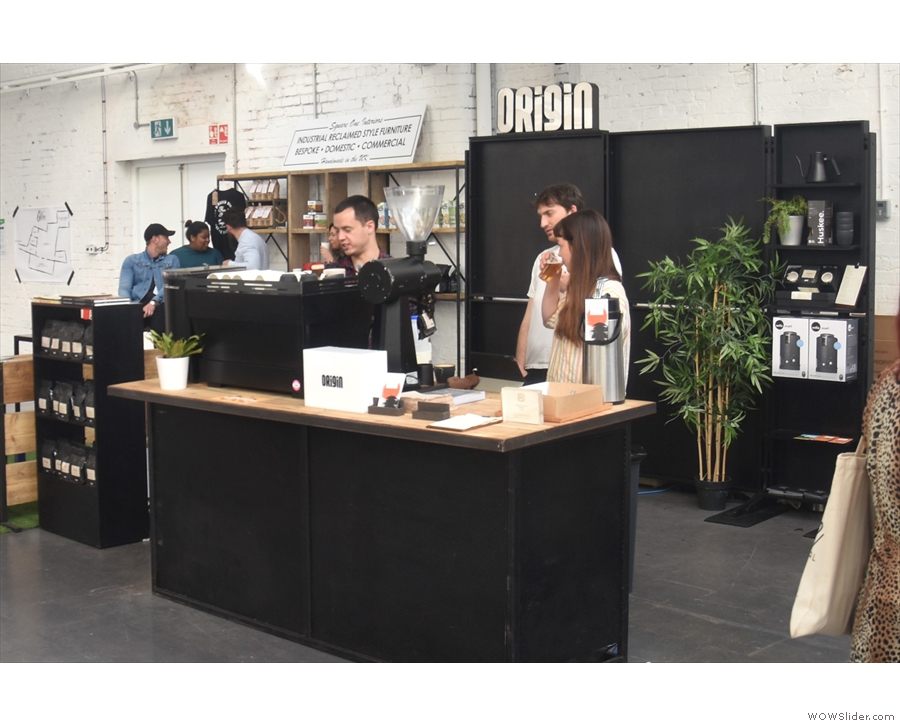
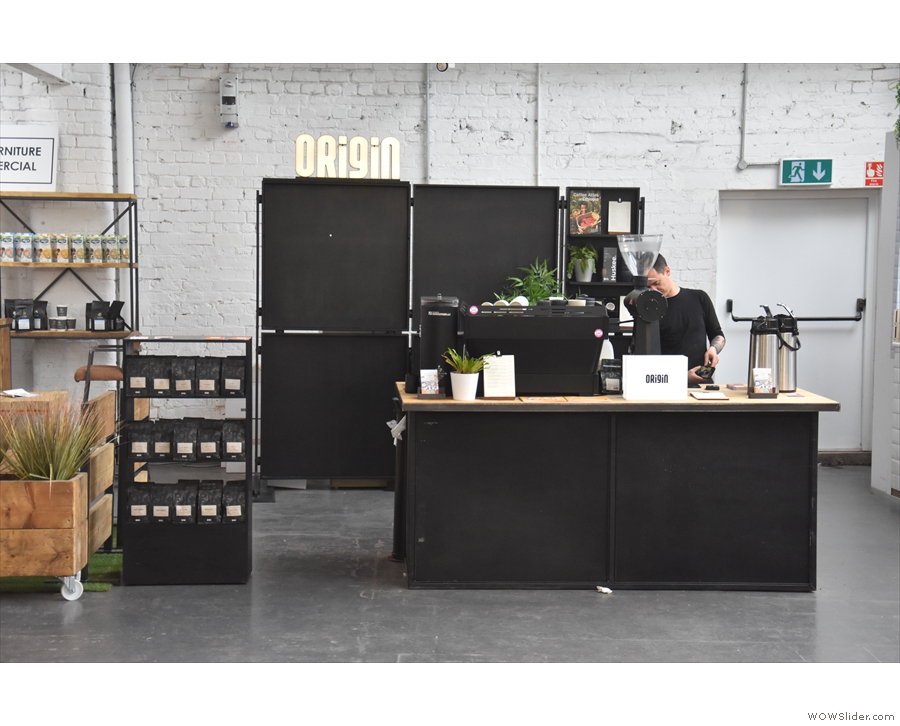
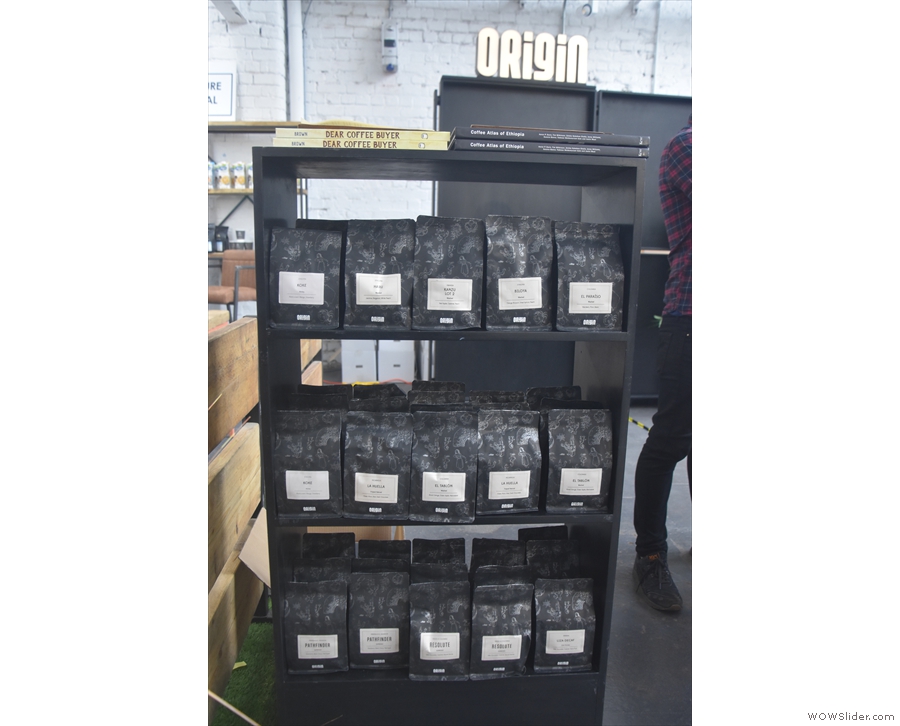
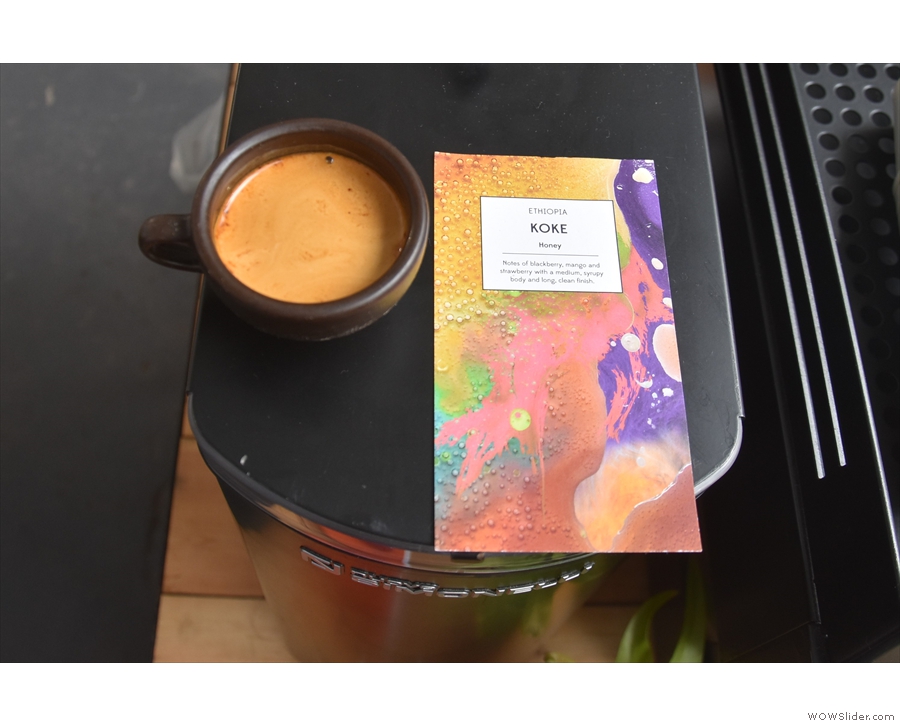
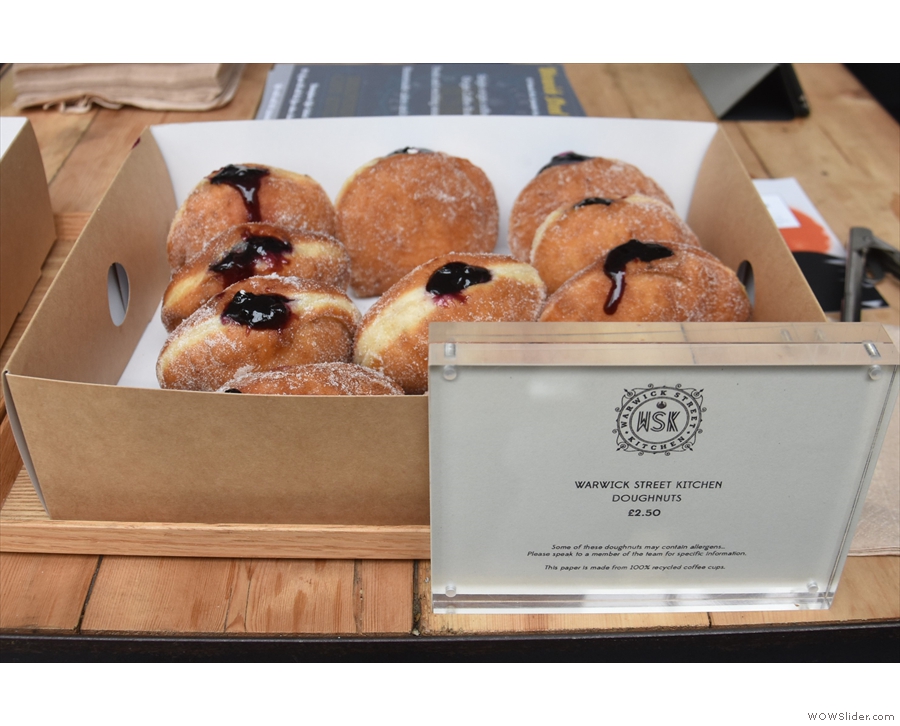
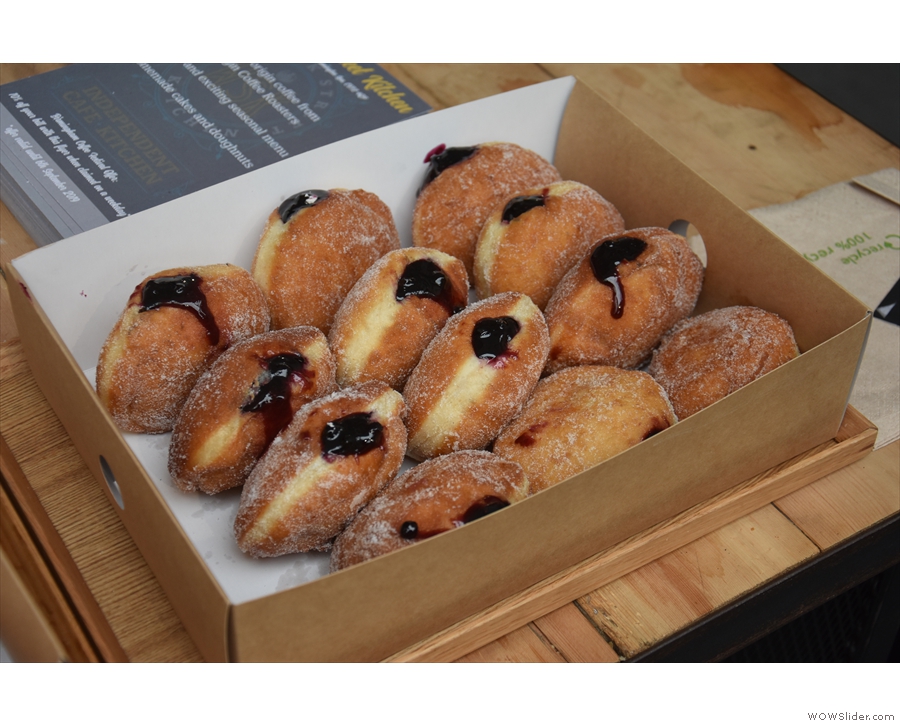
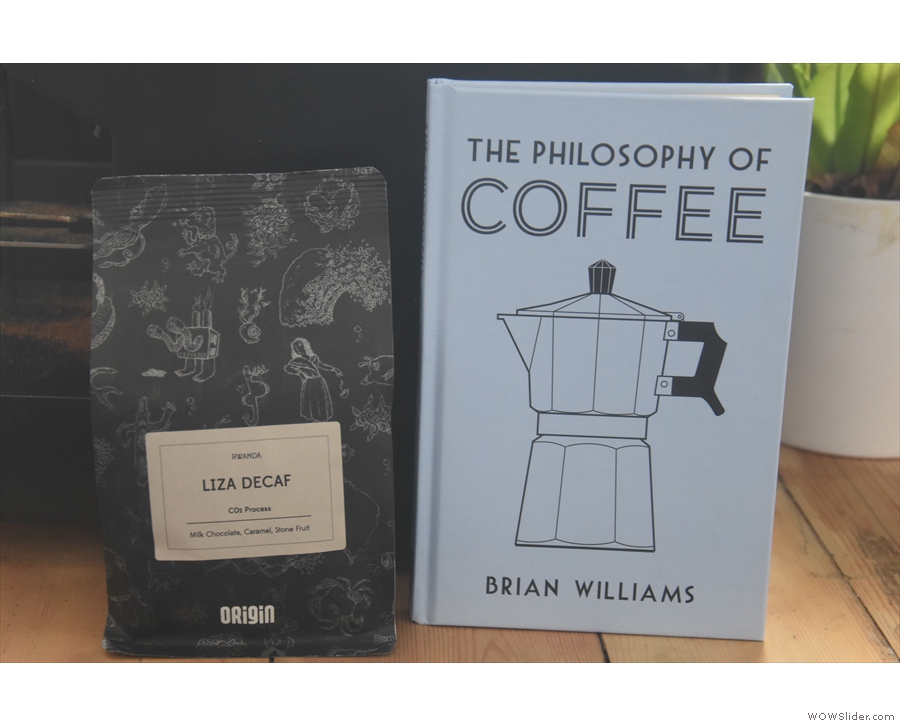
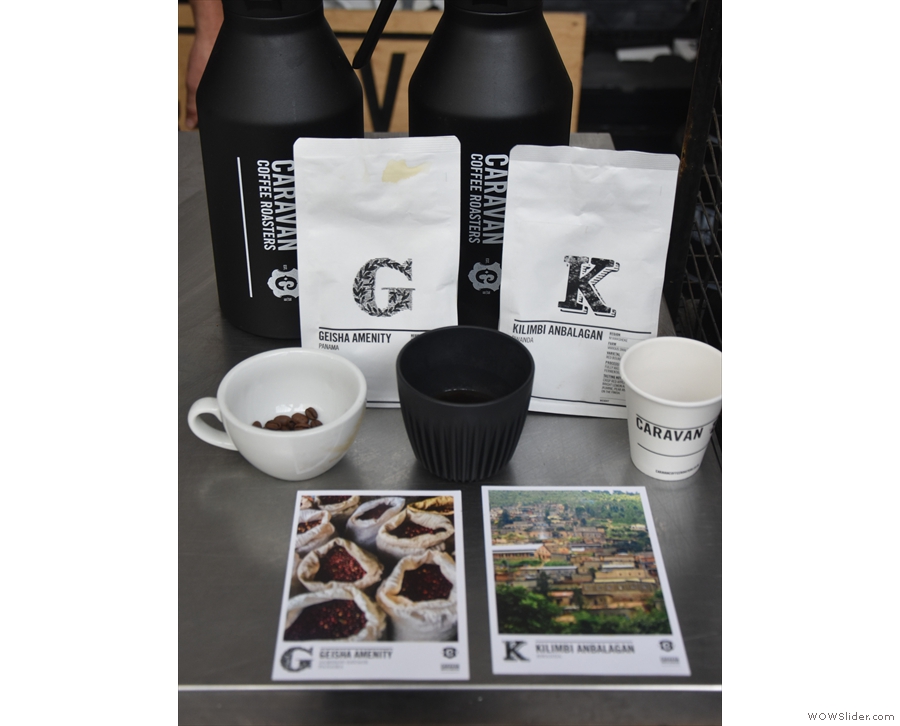
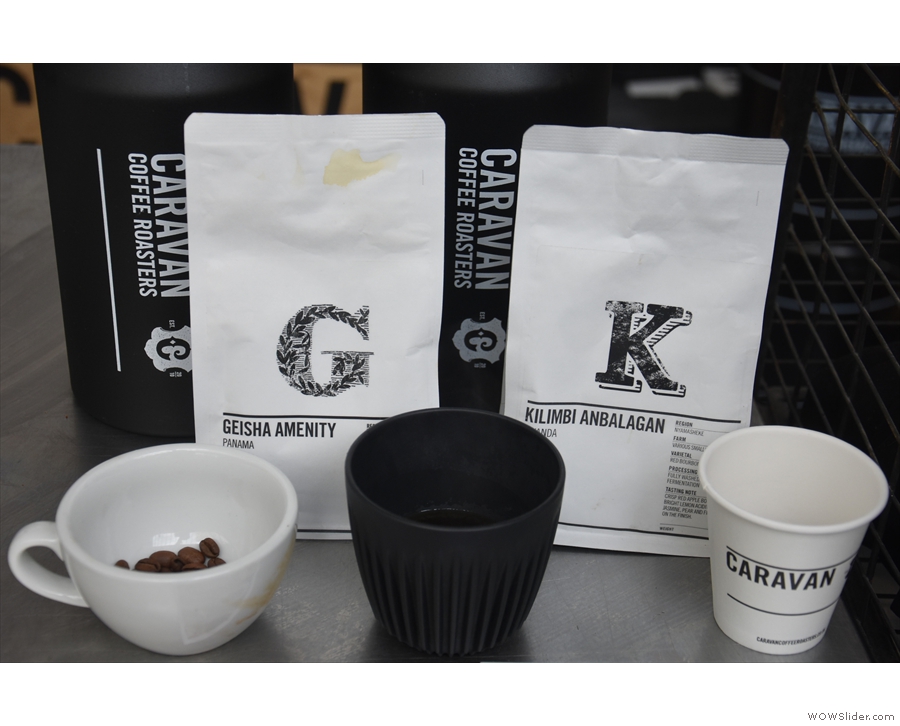
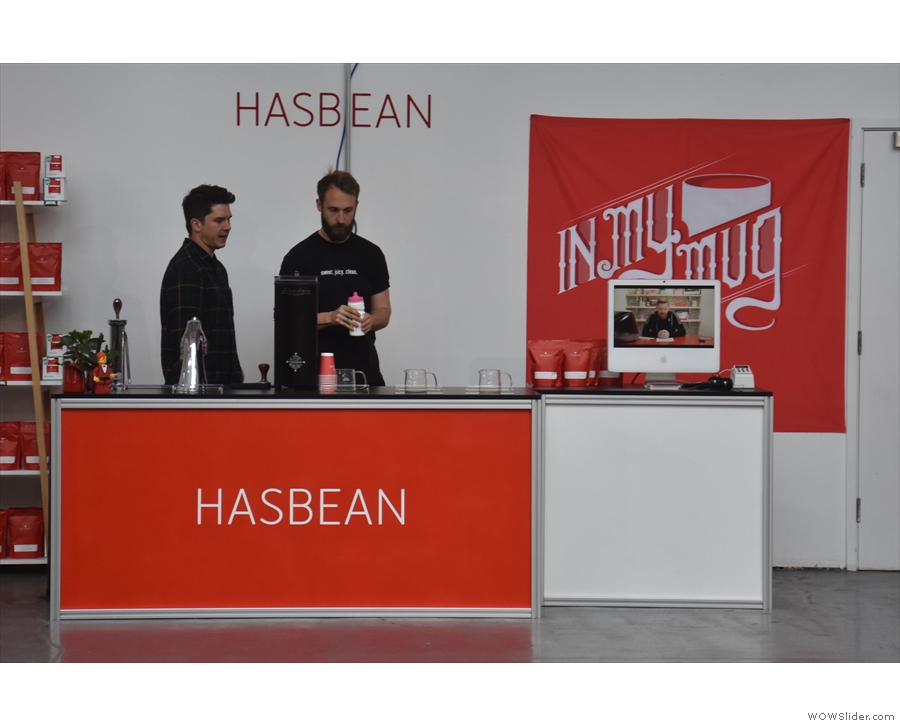
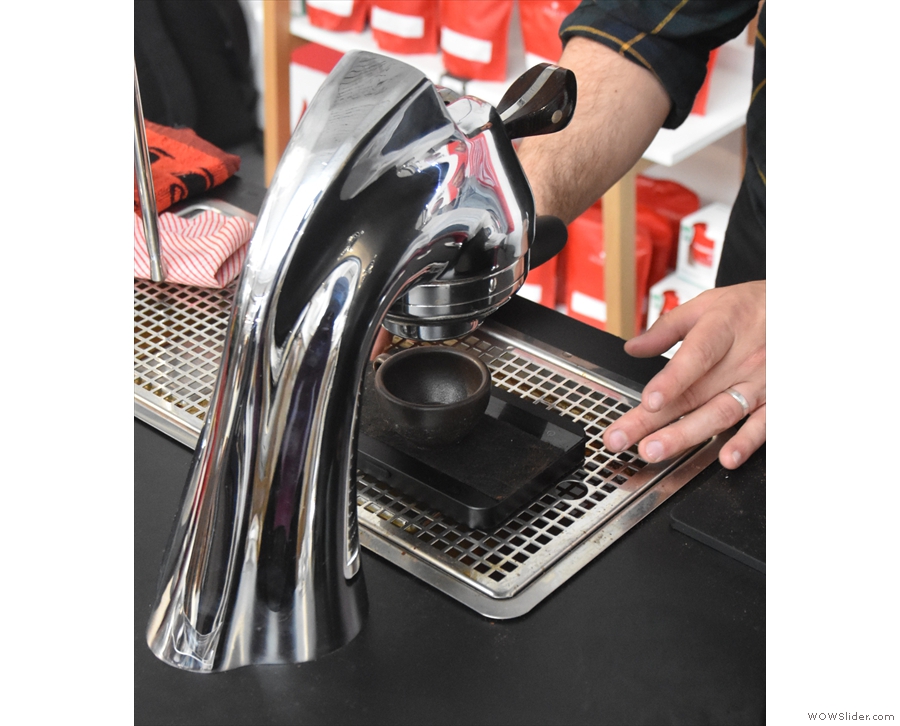
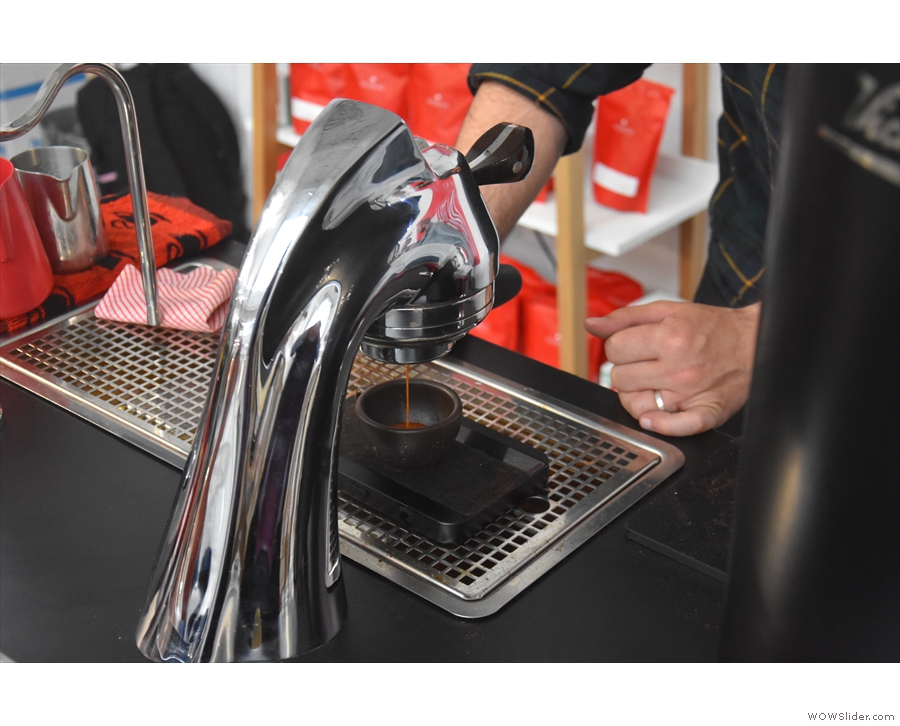
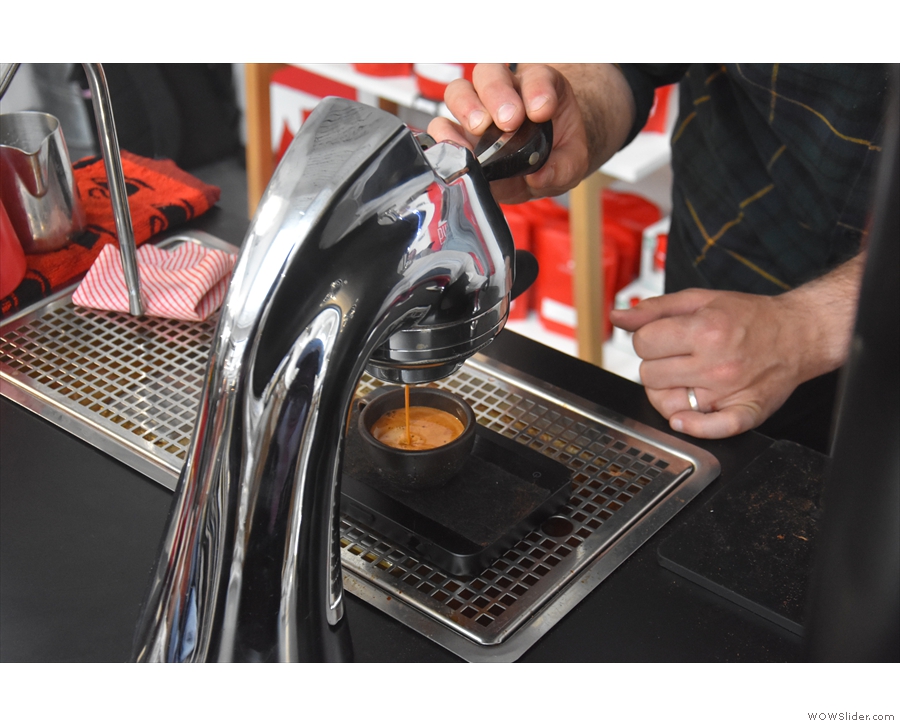
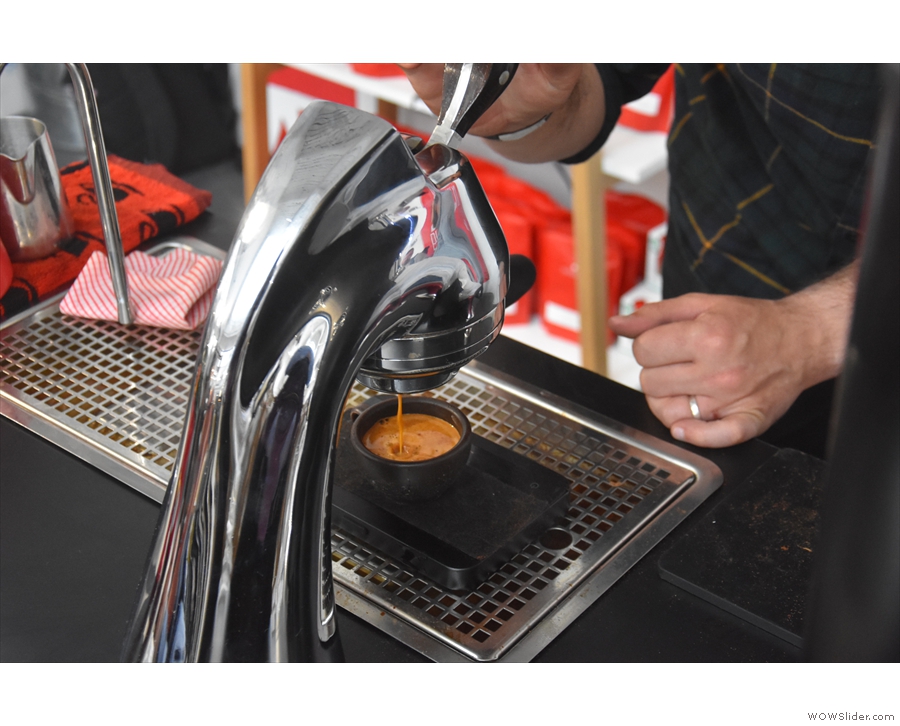
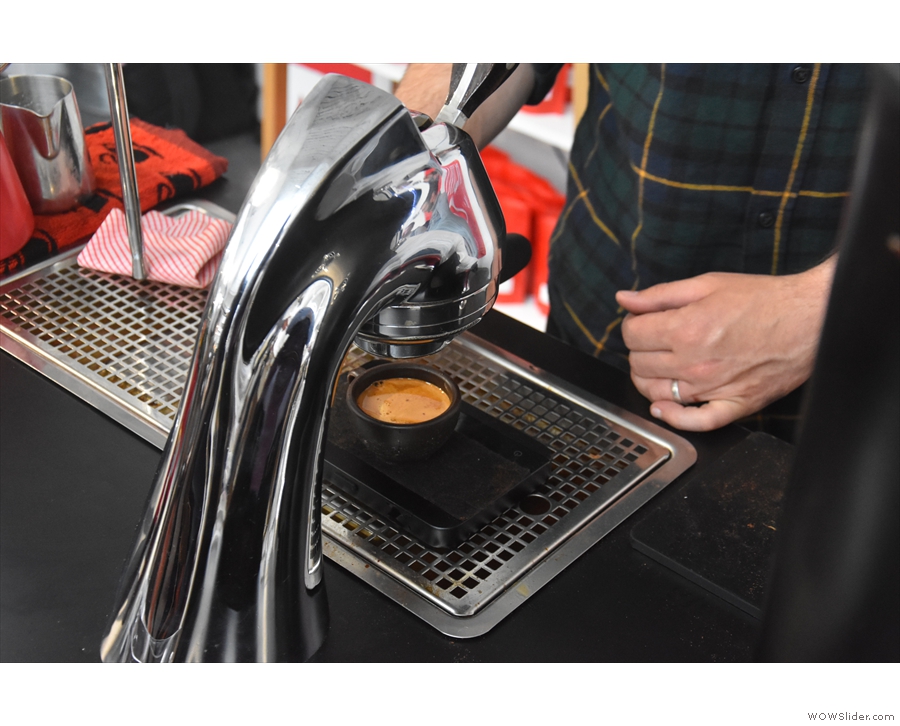
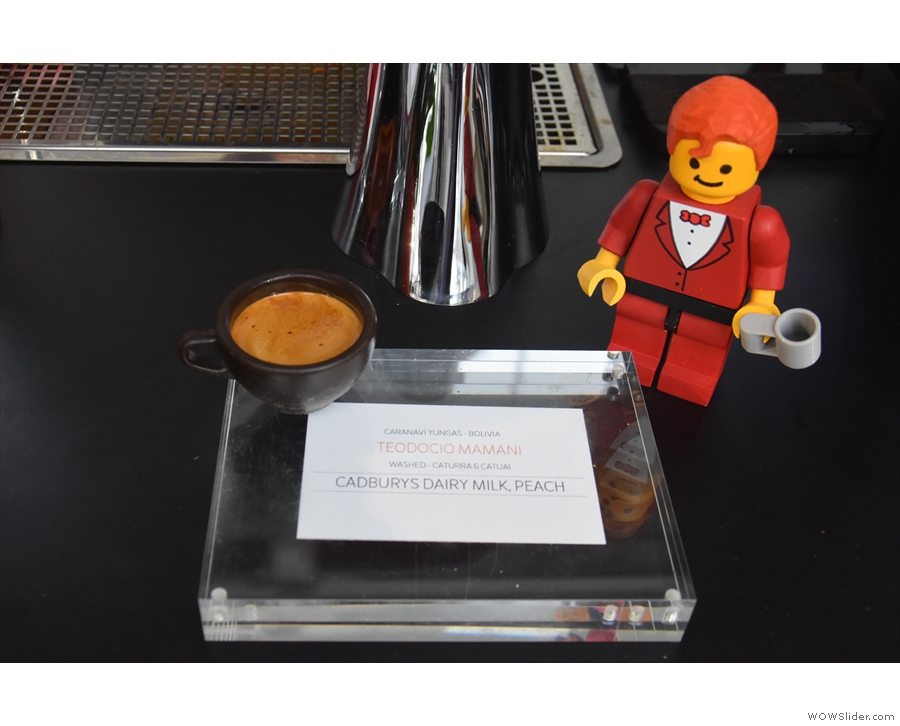
 1
1 2
2 3
3 4
4 5
5 6
6 7
7 8
8 9
9 10
10 11
11 12
12 13
13 14
14 15
15 16
16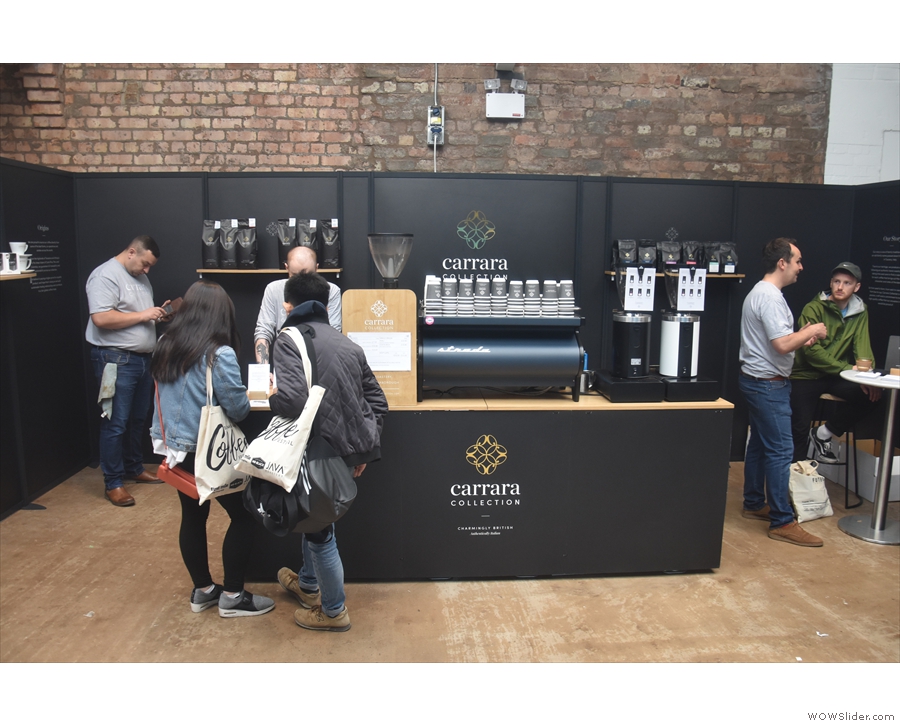
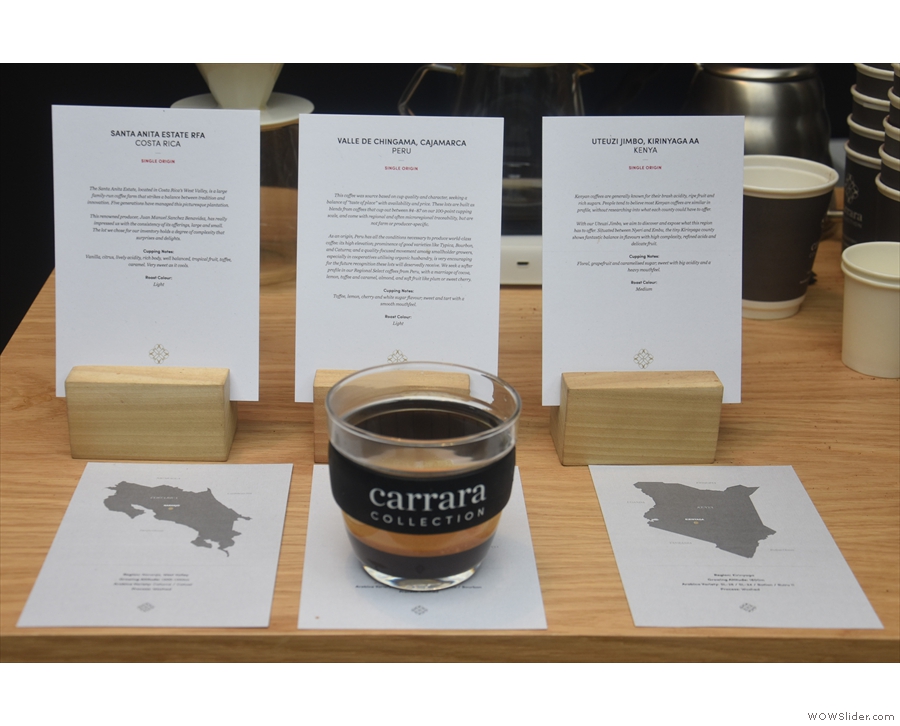
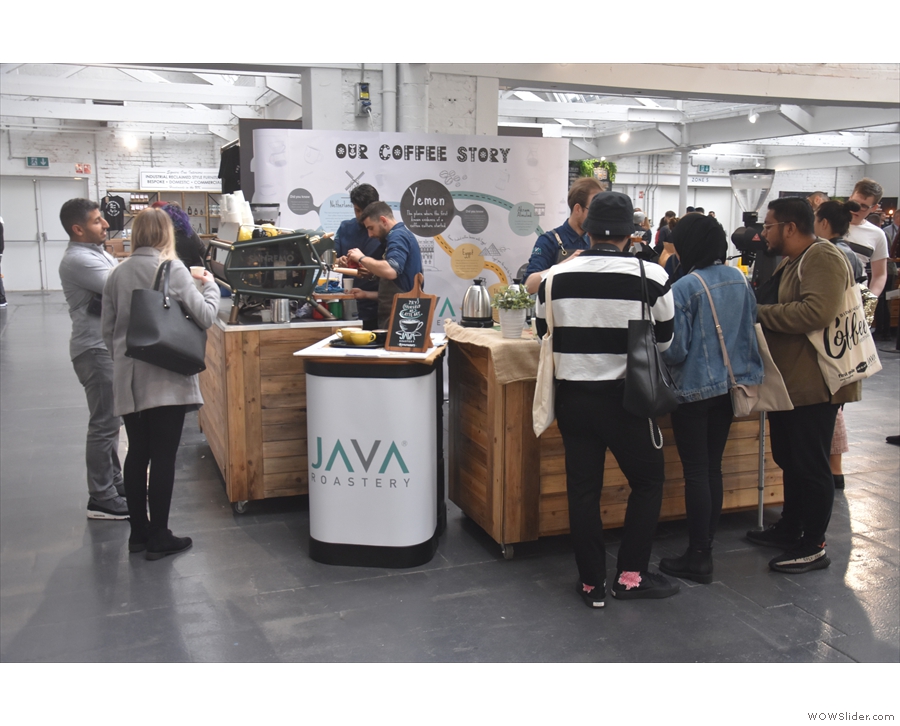
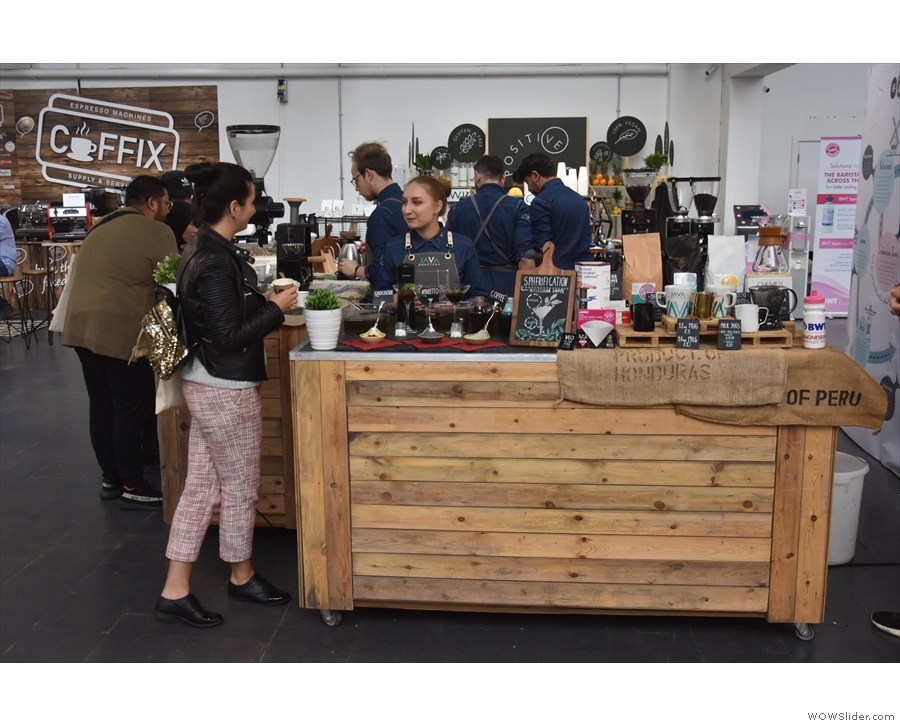
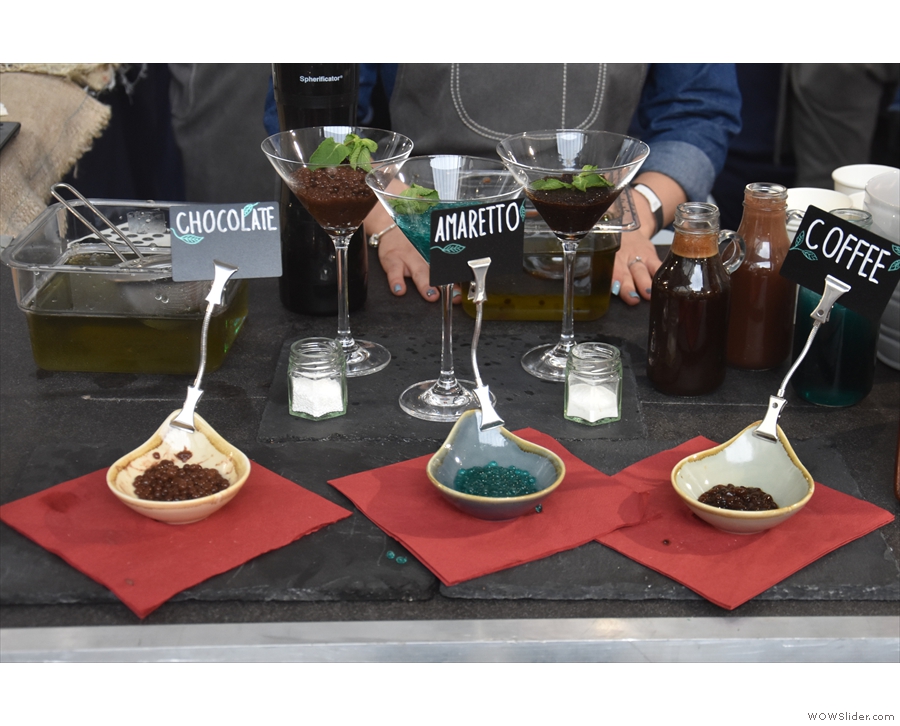
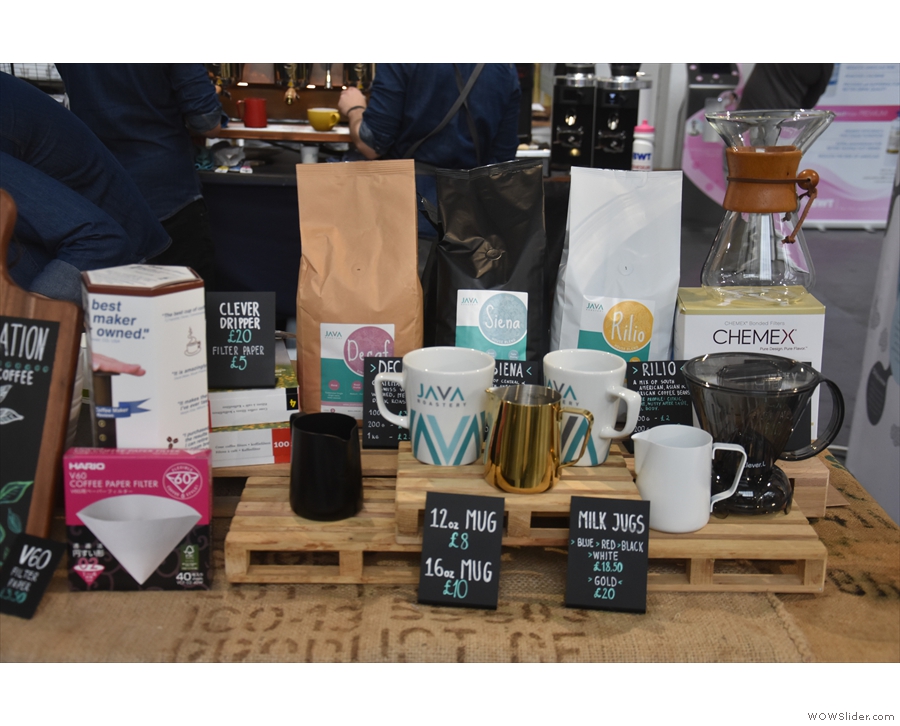
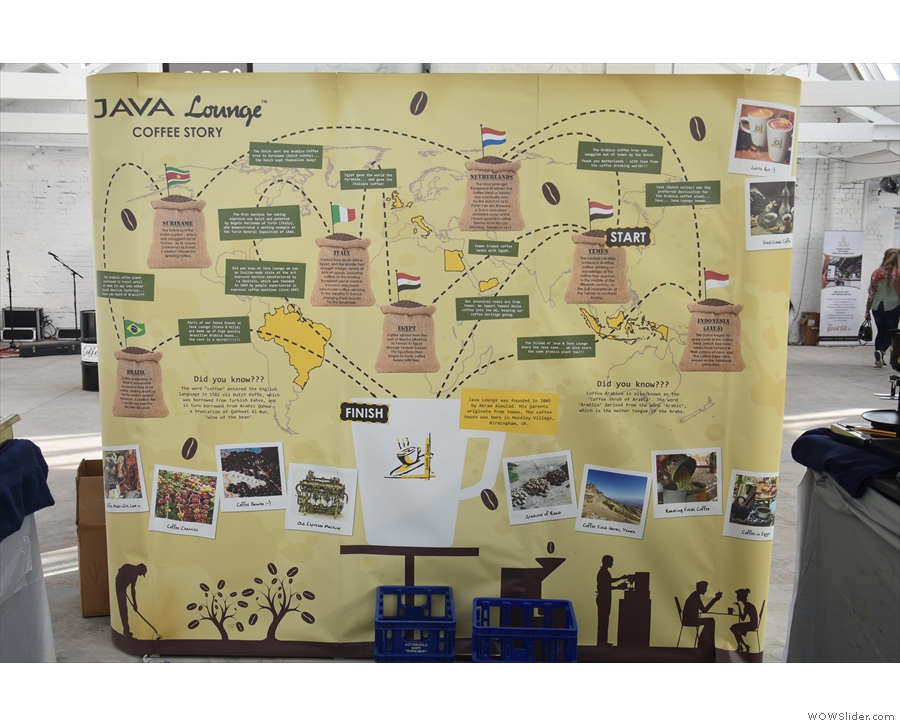
 1
1 2
2 3
3 4
4 5
5 6
6 7
7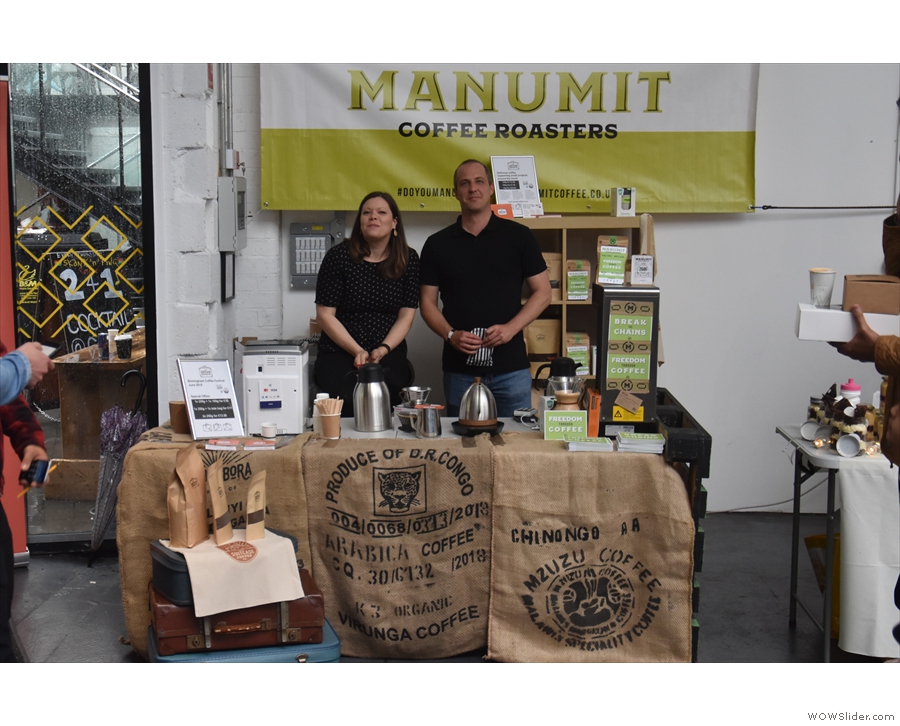
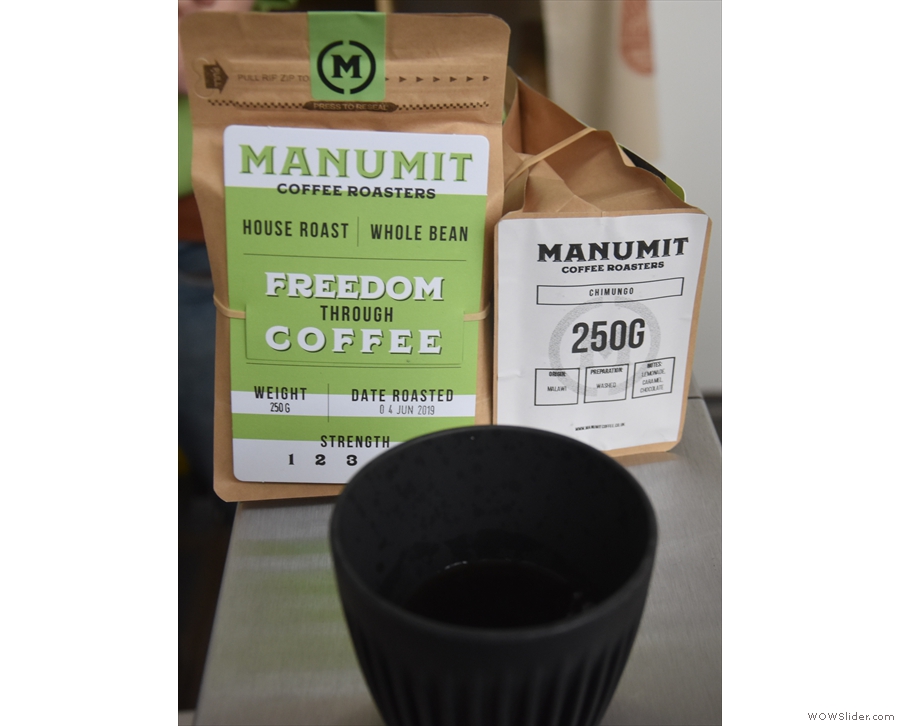
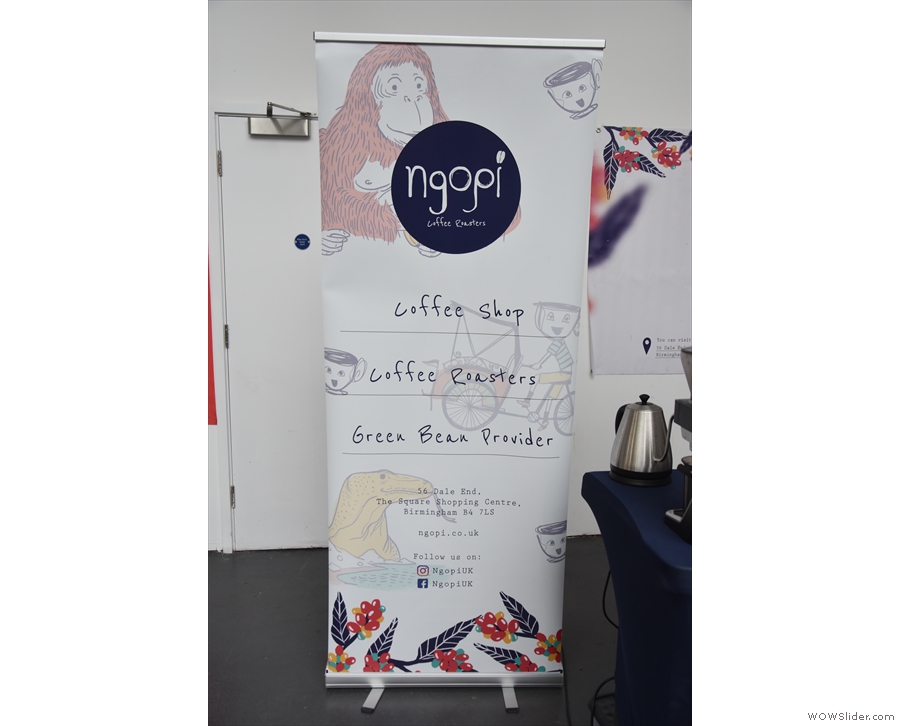
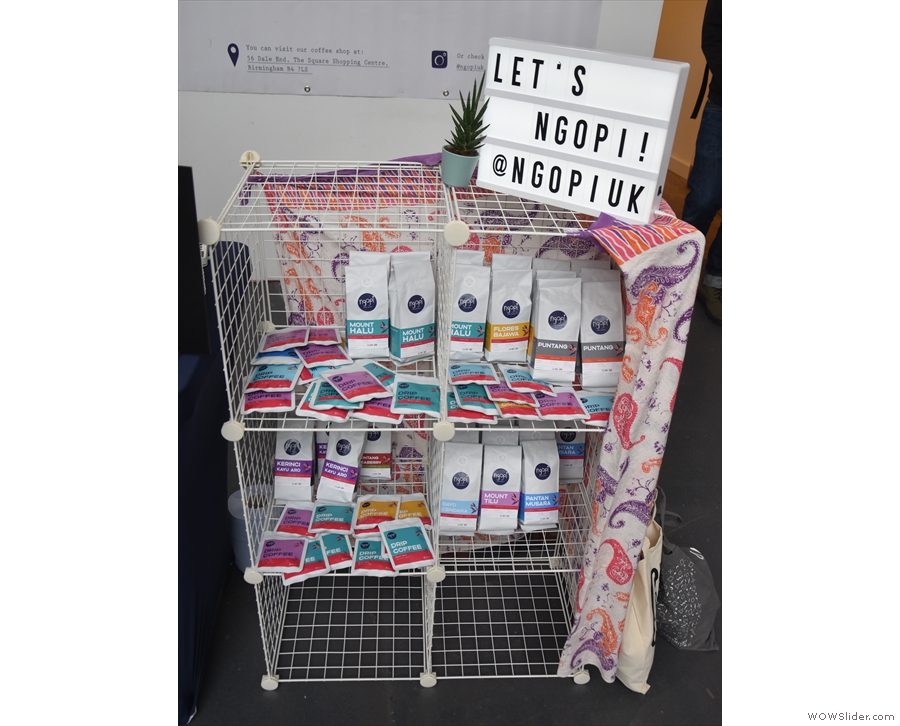
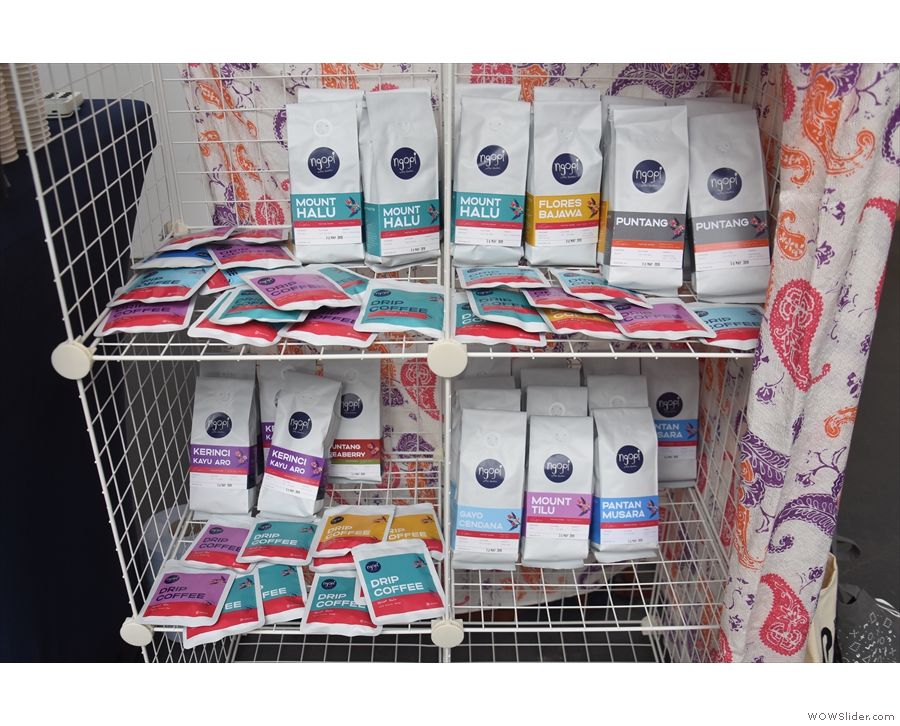
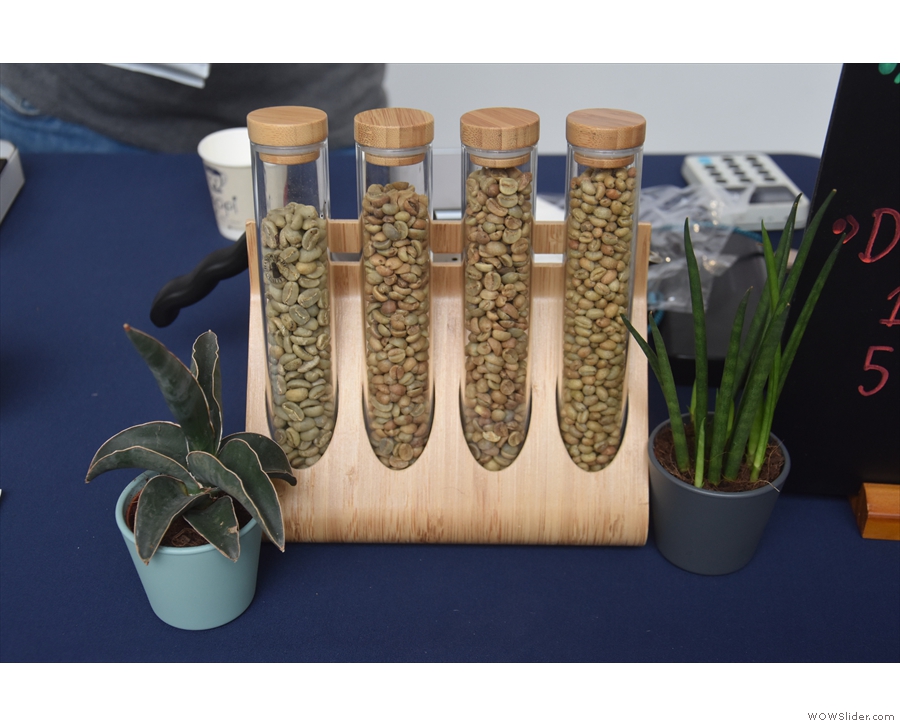
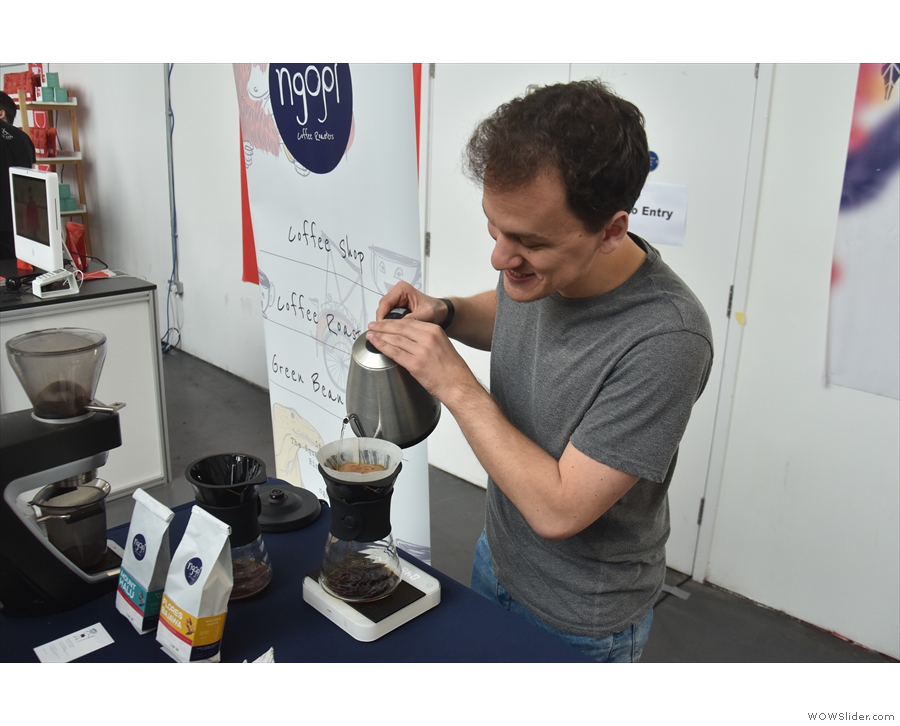
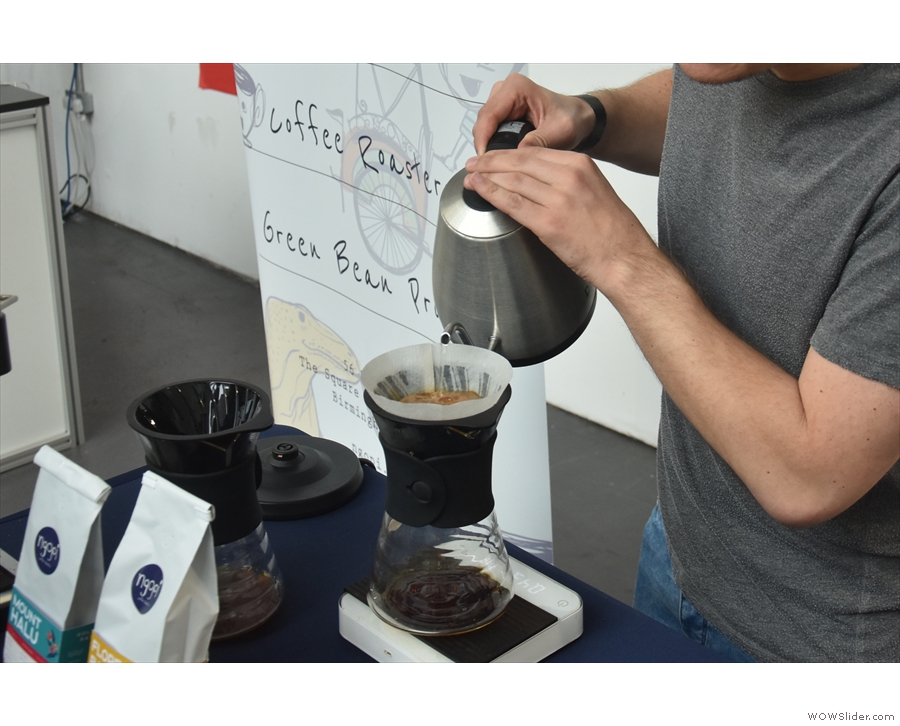
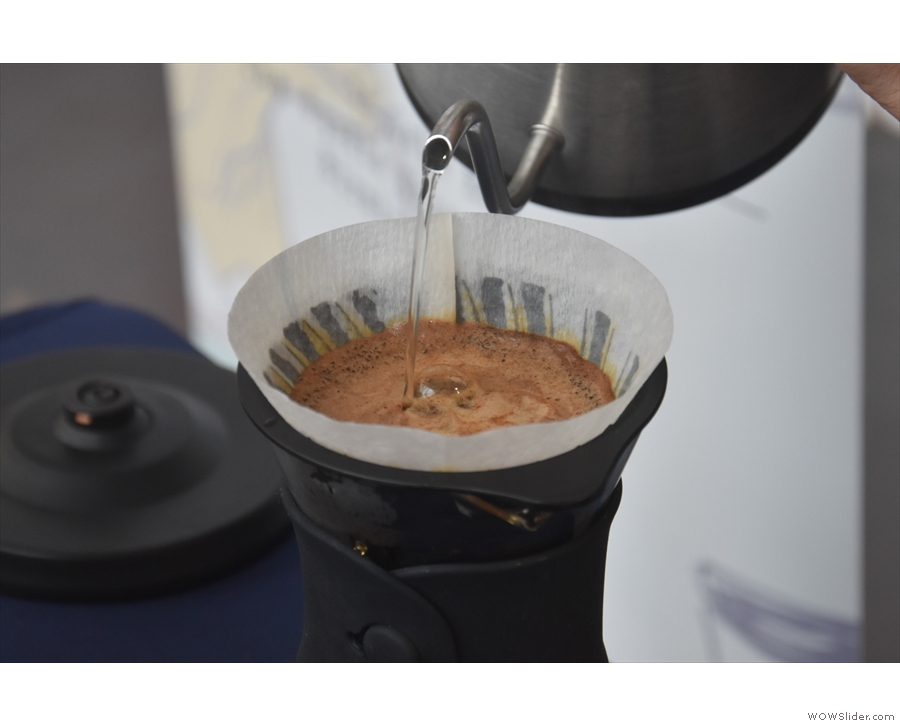
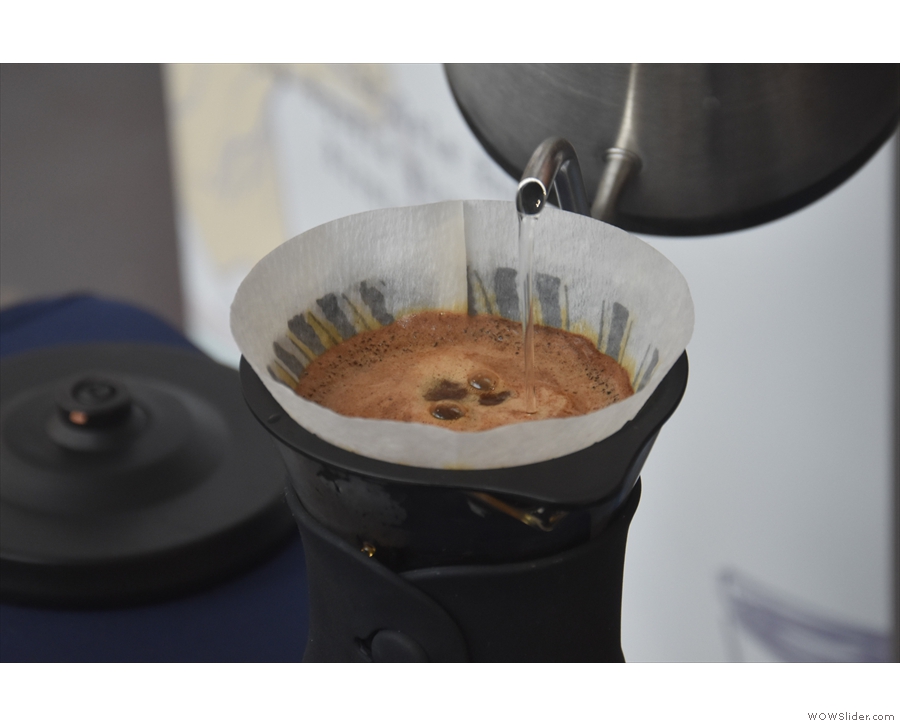
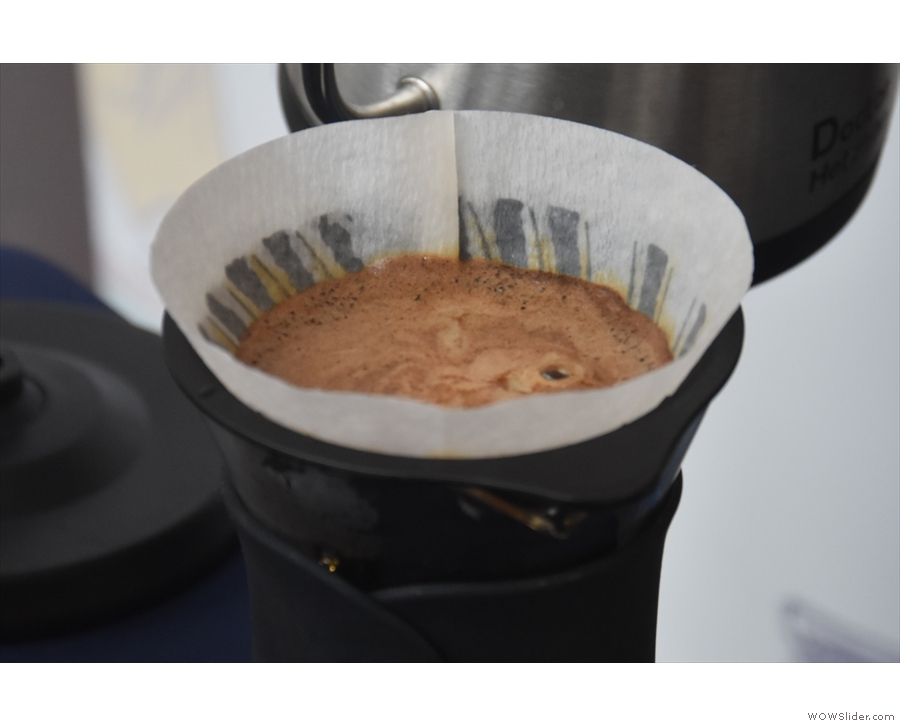
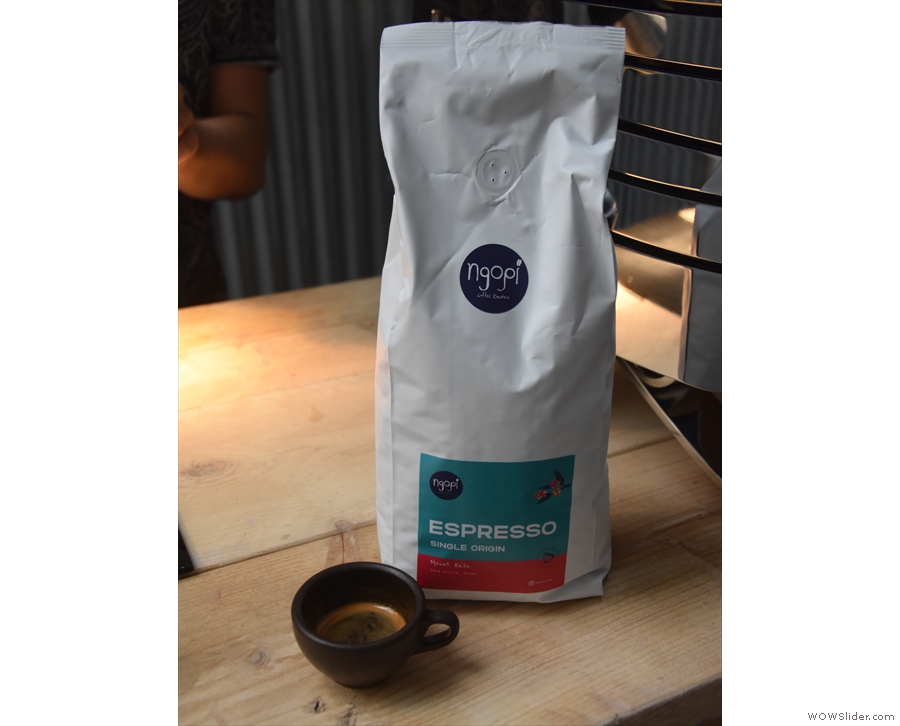
 1
1 2
2 3
3 4
4 5
5 6
6 7
7 8
8 9
9 10
10 11
11 12
12
Pingback: Birmingham Coffee Festival 2019: Food Glorious Food | Brian's Coffee Spot
Pingback: Birmingham Coffee Festival 2019 Round Up | Brian's Coffee Spot
Pingback: Java Lounge, Colmore Row | Brian's Coffee Spot
Pingback: Birmingham Coffee Festival 2019: Part III | Brian's Coffee Spot
Pingback: Ngopi | Brian's Coffee Spot
Pingback: The Coffee Spot Christmas Gift Guide 2019 | Brian's Coffee Spot
Pingback: Ngopi (COVID-19 Update) | Brian's Coffee Spot